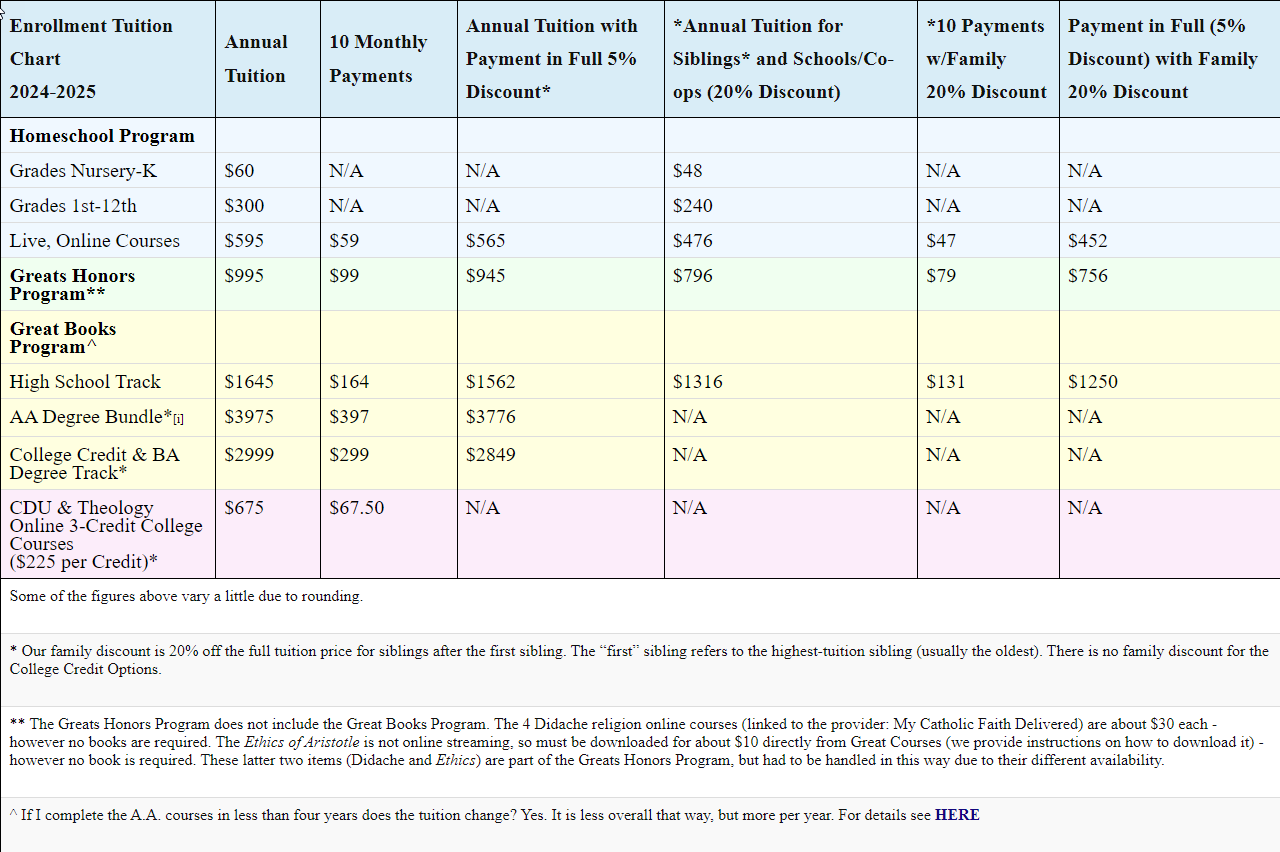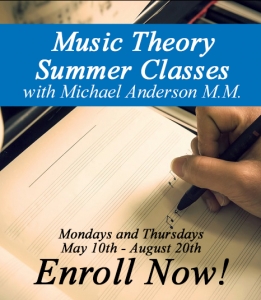“We are tied down, all our days and for the greater part of our day, to the commonplace. That is where contact with the great thinkers, great literature helps. In their company we are still in the ordinary world, but it is the ordinary world transfigured and seen through the eyes of wisdom and genius. And some of their genius becomes ours. . .” – Mortimer J. Adler
“My son is involved in the Socratic Discussion. The group he is involved in is the 3rd grade group. It has helped him to be more confident and secure in expressing his thoughts about things. He would always look to us after making a comment on something and say “Am I right?” Now he makes a statement about something and has more confidence in his answers and ability to think for himself. This new ability for him has lead us into some very interesting conversations, whereas before he would just listen and not express any thoughts on the subject. I would recommend it for anyone, child as well as adult. . . ” – Parent of a 3rd grader
Parents sometimes assume young students will just naturally learn to think and speak properly, logically, coherently, and politely – that is rarely the case – even more rarely when they disagree or engage in argument or debate.
Our live, online Socratic classes are the perfect preparation to get the most out of our high school Great Books Program. The weekly, live Socratic classes train the students in the classical trivium, beginning in 3rd grade through 8th grade.
Dialectics – a method of argument for resolving disagreement that has been central to European and Indian philosophy since antiquity. The word dialectic originated in ancient Greece and was made popular by Plato and the Socratic dialogues. The dialectical method is conversation between two or more people holding different points of view about a subject, who wish to establish the truth of the matter guided by reasoned (logical) arguments and critical thinking.
- Rhetoric – the art or skill of speaking formally, politely, effectively and confidently, especially as a way to persuade or influence people towards the truth.
- Grammar – the set of structural rules that govern the composition of phrases, clauses and words.
- Enrollment in these classes doubled over last year – sign up now before the classes fill!









